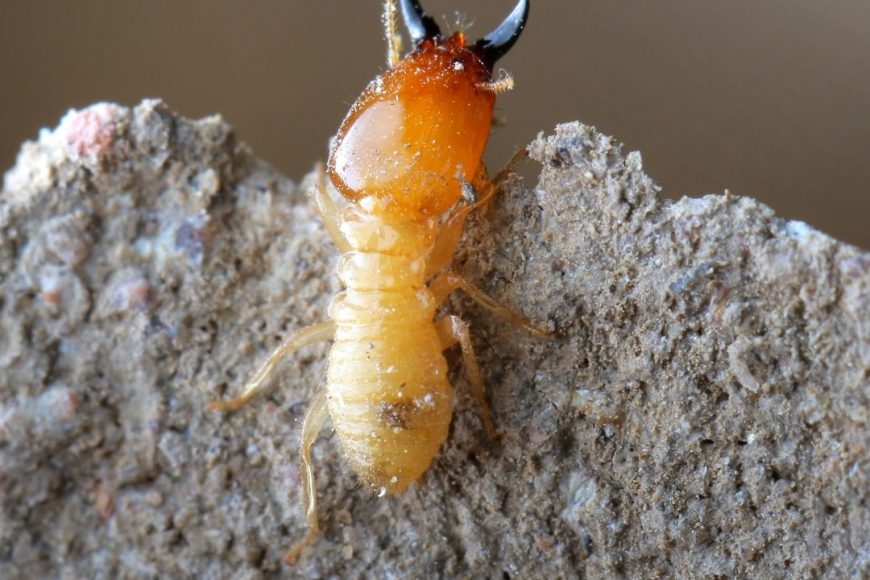- By Caleb
- In RESIDENTIAL, TERMITES
- Tags Houston Termites, Termite Control, Termites
Fill out the form below and a Cypress Creek representative will be in touch with you about your pest control needs.

Termites are a major concern for homeowners in Houston, Texas. With the warm, humid climate, Houston provides the ideal environment for termites to thrive. Not only do termites cause structural damage to homes and buildings, but they can also cost homeowners thousands of dollars in repairs. It’s important to understand the different termite species in Houston to prevent and treat infestations. In this article, we’ll cover everything you need to know about termite species in Houston, including their behaviors, habitats, and treatment options.
Before we dive into the different termite species in Houston, let’s first understand what termites are and why they are a problem in Houston. Termites are small, soft-bodied insects that feed on wood and other cellulose-based materials. They play an important role in the ecosystem by breaking down dead plant matter, but they can also cause significant damage to homes and buildings.
In Houston, termites are a problem because of the warm, humid climate. The moisture in the air and soil creates the perfect conditions for termites to thrive. This means that homeowners in Houston are at a higher risk of experiencing termite infestations and damage to their property.
There are several termite species that are common in Houston, but the three most common are:
Formosan termites are the most destructive termite species in the United States. They are aggressive, fast-moving, and can cause significant damage to structures in a short amount of time. Formosan termites are also difficult to control and require professional treatment.
Eastern subterranean termites are the most common termite species in the United States. They are found throughout Houston and are responsible for most termite damage in the area. Eastern subterranean termites live in underground colonies and build mud tubes to travel above ground.
Drywood termites are less common than Formosan and Eastern subterranean termites, but they still pose a threat to homeowners in Houston. Drywood termites live in dry wood and do not require contact with soil. They can be difficult to detect and require specialized treatment.
It’s important to know the signs of a termite infestation so that you can take action quickly. Here are some common signs of a termite infestation:
If you suspect that you have a termite infestation, it’s important to contact a pest control professional immediately.
Prevention is key when it comes to termite control. Here are some steps you can take to prevent termite infestations:
If you do have a termite infestation, there are several treatment options available. These include:
It’s important to consult with a pest control professional to determine the best treatment option for your specific situation.
Termites are a major problem for homeowners in Houston, but understanding the different types of termite species in the area and their behaviors can help prevent and treat infestations. Remember to take preventative measures and contact a pest control professional if you suspect a termite infestation in your home.